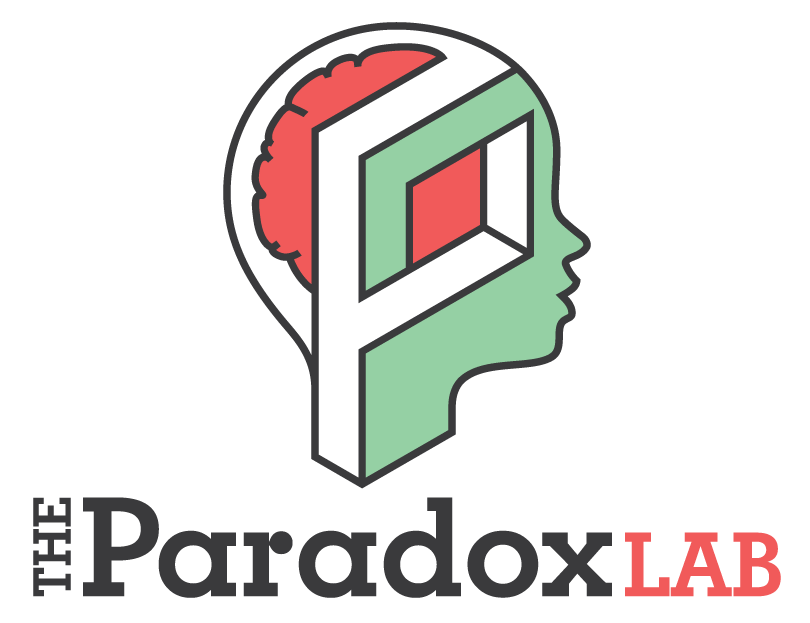Puzzles About Robots (ages 11-14)


Puzzles About Robots (ages 11-14)
Ages 11-14.
Meets on Zoom on Mondays and Wednesdays for two weeks (4 sessions), 12:00-1:00pm Pacific Time (4pm Eastern). Starting Aug 24th, 2020.
Led by Paradox Lab founder, Dr. Iris Oved.
In this two-week (4-sessions) discussion class, students will explore big philosophical puzzles about robots, drawing insights from cognitive science, neuroscience, and robotics.
Refund Policy: Full refund up to 48 hours prior to first session.
****Note: For this class to work, we must have at minimum 3 students enrolled. If this minimum is not reached by 48 hours prior to the first session, we will cancel and issue a full refund.
Details and Schedule:
Each lesson will include the following 5 parts, commonly used in Philosophy for Children classes (see https://www.montclair.edu/iapc/what-is-philosophy-for-children/).
(1) Stimulus: We will start with a thought experiment, a robot demo, or a science lesson about brains or machines.
(2) Questions: Students will collect a list of questions, generated by the instructor or by the students themselves.
(3) Vote: Students will choose a question to discuss together.
(4) Inquiry: Students will take turns making contributions and labeling them (hypothesis, reason, challenge, assumption, observation, analogy, distinction, clarification, etc.), calling on one another, and filling out an Inquiry Diagram to map the discussion.
(5) Evaluate: Students will then reflect on the discussion, sharing whether they felt heard, felt that they listened, and thought it was productive, fair, open, and respectful.
Below are the topics for each session:
Mon Aug 24: Introductions. Ground Rules for Inquiry. Lesson on androids and emotions. Could robots ever feel love?
Wed Aug 26: Simple Robots. Learn about the parts --sensors, motors, processor, software. Compare and contrast these robots with humans. Do these robots have brains? Do they have minds? Could a machine ever have a mind?
Mon Aug 31: Aibo, Sony's robotic pet dog. Could Aibo ever really understand the word "sit"? Could Aibo ever have a conscious experience of the color pink?
Wed Sept 2: Free will and moral responsibility. Could Aibo ever really be a "good doggie"?
Learning Goals: Students will learn how to think about philosophical puzzles about robots and learn some of the relevant science about brains and robots. More importantly, students will experience the process of doing inquiry in a group, learn how to formulate questions, entertain multiple hypotheses, find reasons and challenges for the hypotheses, and learn how to evaluate evidence. They will also gain skills for self-reflection, self-expression, listening, and perspective-taking.
